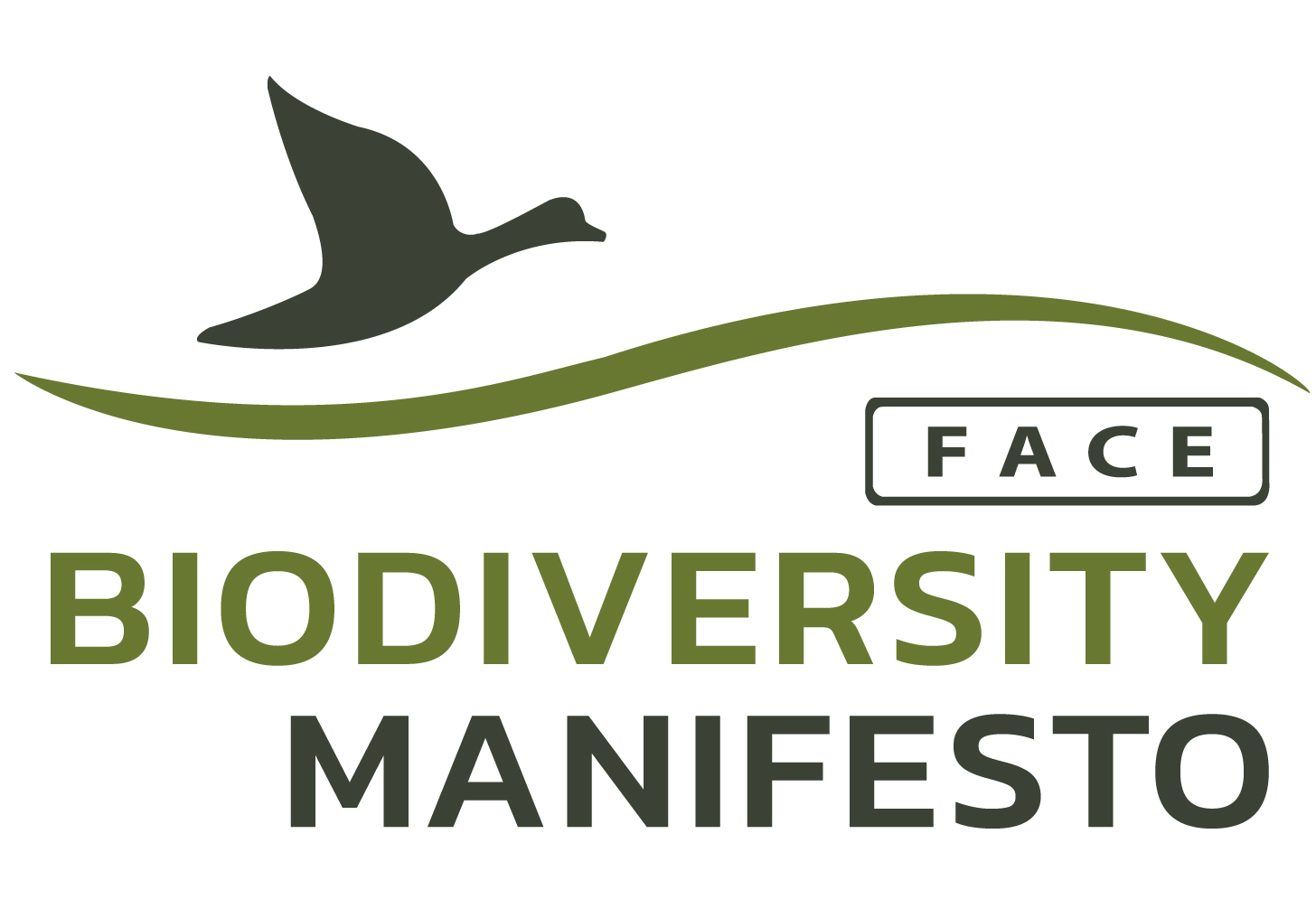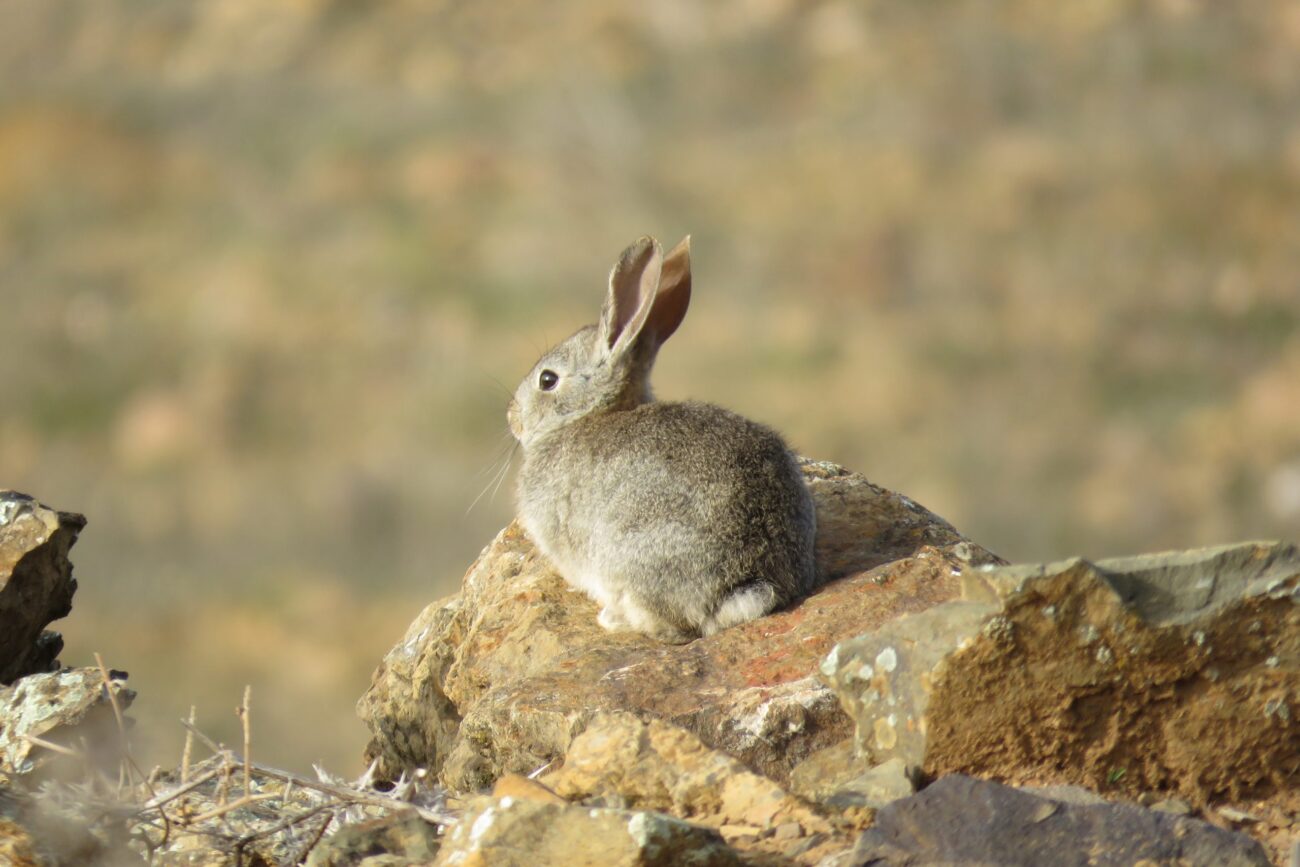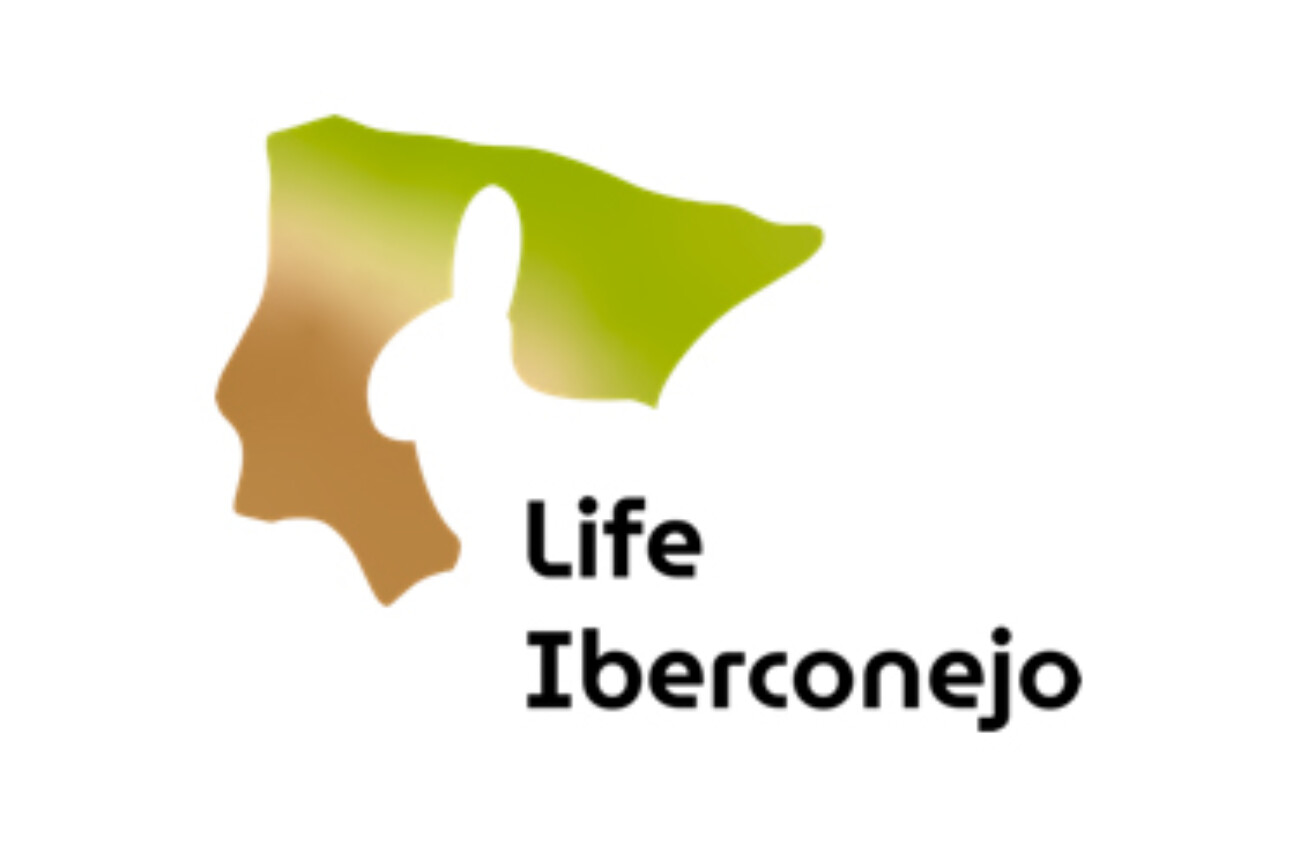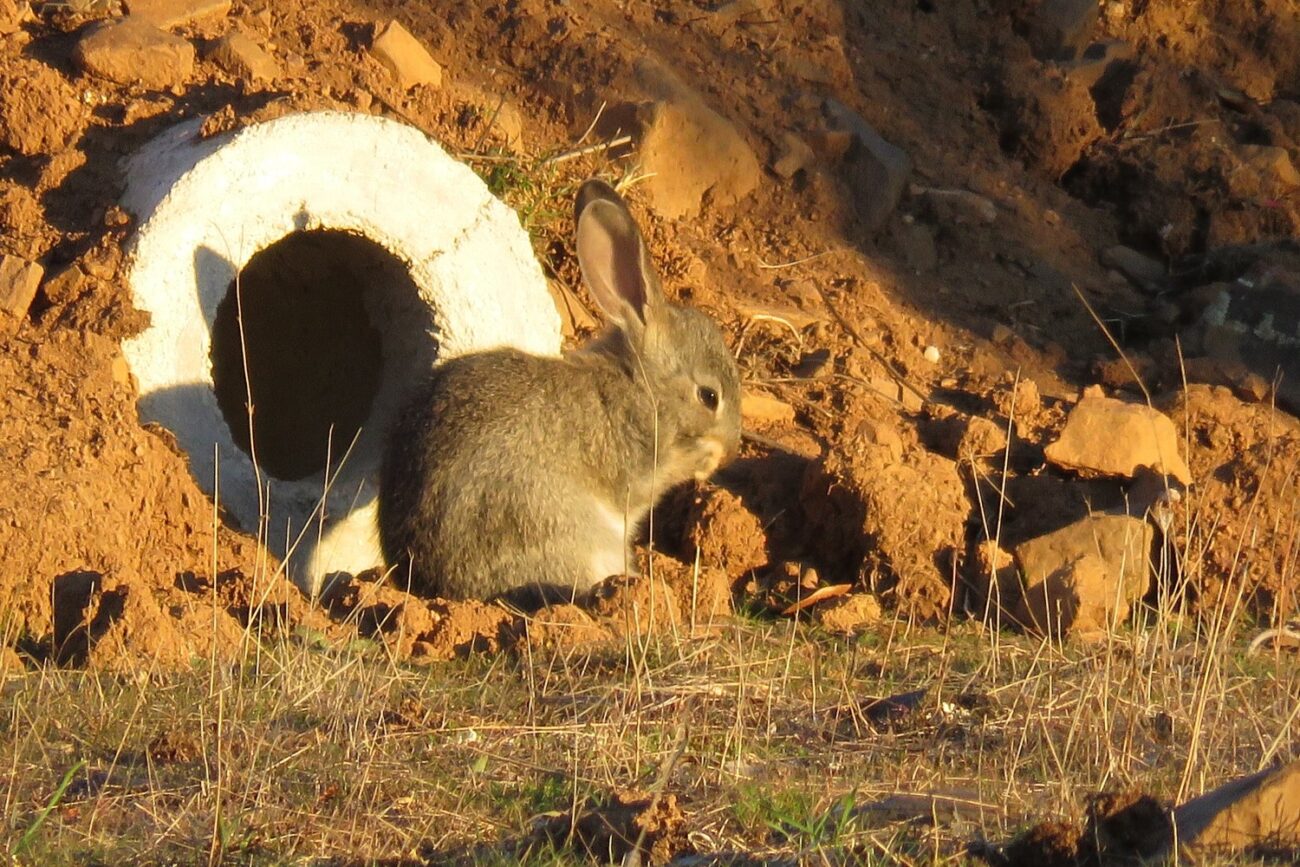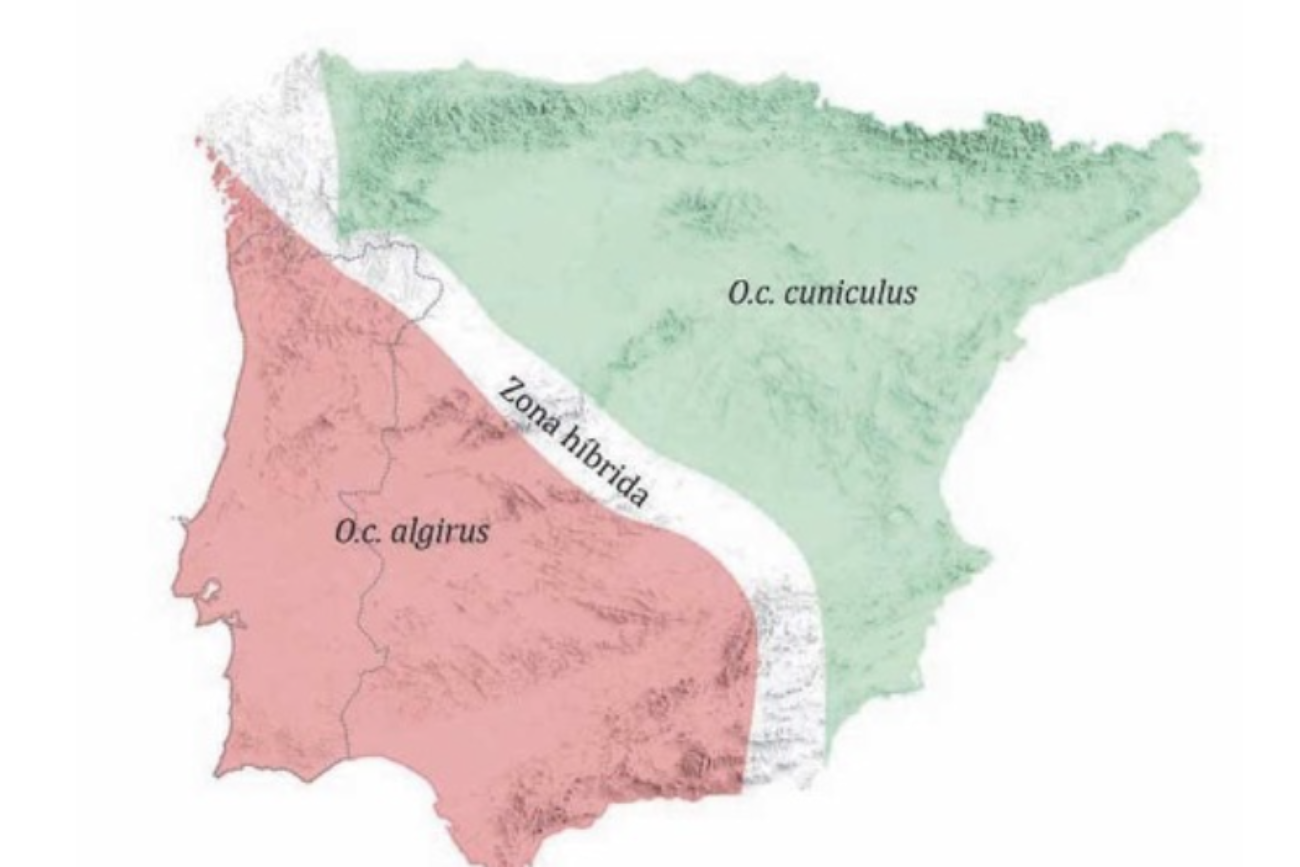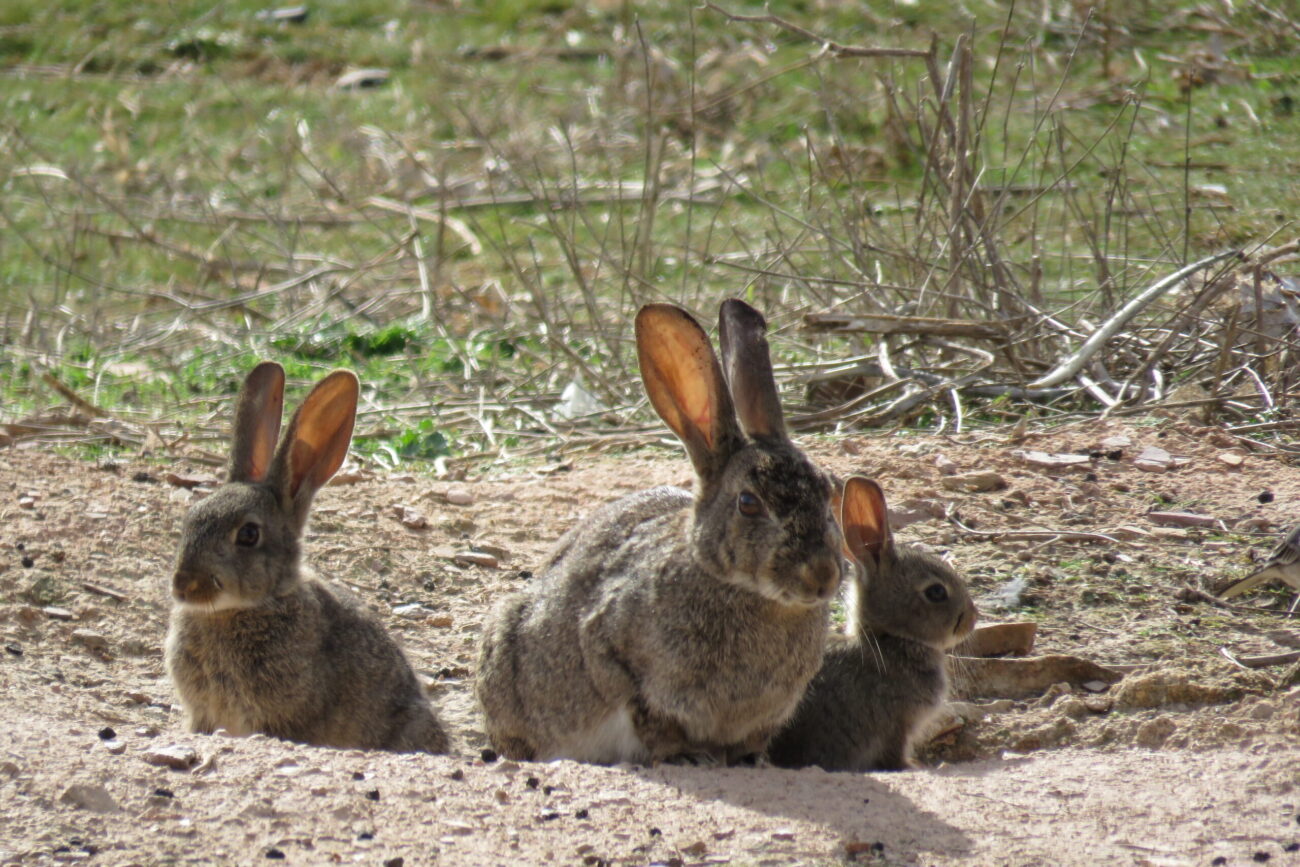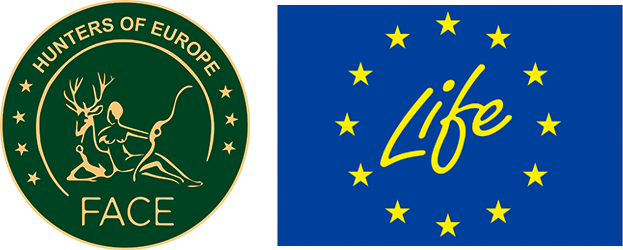The wild rabbit (Oryctolagus cuniculus) is a key prey species in Iberian ecosystems. More than 40 Iberian predators include the wild rabbit in their diet.
While the populations of some of these predator species are doing well, others, such as the Iberian lynx (Lynx pardinus) and the Iberian imperial eagle (Aquila adalberti), both specialist predators of the wild rabbit, have experienced difficult times.
The dramatic decline in wild rabbit populations, primarily due to the emergence of two new infectious diseases, myxomatosis and rabbit hemorrhagic fever, has increased pressure on specialist predators.
The lack of prey resources, combined with habitat loss, has led to lower reproductive success and brought these iconic Iberian species close to extinction. Although the populations of the lynx and imperial eagle are slowly recovering, wild rabbit populations are still at levels that are concerning for the future of the species and the Mediterranean ecosystems of Spain and Portugal.
The Real Federación Española de Caza has joined forces with other Spanish and Portuguese stakeholders—governmental, academic, farmers, conservationists, and hunting institutions—and launched the Life Iberconejo project. This project, funded by the European Commission through the Life program, started in October 2021 and will end in December 2024.
During this period, Iberconejo aims to improve the IUCN status of rabbit populations and, in turn, reduce and prevent the damage they cause to agriculture through four different fields:
Governance – The project aims to foster communication among all parties interested in improving rabbit populations and environmental management.
Conservation – The Iberconejo team is working to protect, conserve, and enhance the natural capital of the Iberian Peninsula and to improve evaluations of habitat conservation status using rabbits as an indicator species.
Damage to Agriculture – Efforts are made to reduce agricultural damage to ensure competitive, sustainable, and quality-based agricultural production, and to contribute to the PAC program with suggestions and proposals.
Ecosystem Services – Efforts are focused on ensuring the rabbit’s role as an ecosystem engineer that affects the composition of plant communities, soil structure, and the populations of various species of invertebrates and small vertebrates, to strengthen rabbit populations which are ecologically or socio-economically relevant, and to increase the resilience of ecosystems. To achieve these results, seven main actions have been established:
- Establish a methodology for monitoring rabbit populations, their health status, and the damage they cause to agriculture in the Iberian Peninsula: Field trials, Design of digital tools, Validation of the protocols for monitoring rabbit populations and their health status within the project area
- Train workers to use the methodologies for monitoring rabbit populations, their health status, and the damage they cause to agriculture.
- Set up the European Rabbit Iberian Coordination Committee (ERICC).
- Exchange experiences and ideas on good practices in the fields of: Promoting the rabbit as a species, Damage prevention.
- Analyse the PAC and proposals for improvements, including good practices in the management of rabbit populations: Analyse the social perception of the project, Evaluate the ecosystemic and socio-economic impact of rabbit populations.
European Rabbit Iberian Coordination Committee (ERICC) One of the main goals of the LIFE Iberconejo project is to establish a governance framework, known as ERICC (European Rabbit Iberian Coordination Committee), responsible for overseeing rabbit management across the Iberian Peninsula.
This involves monitoring population trends, assessing health statuses, and mitigating agricultural damage. Initially, ERICC will comprise LIFE Iberconejo members and the project’s Monitoring Committee. Representatives from public and regional administrations, as well as academic, agricultural, hunting, and conservation sectors (external to the project), will be invited to ERICC meetings. The intention is to gradually integrate them as members of this committee.
During ERICC’s initial phase, its focus is on supervising and improving protocols for effective rabbit management. These protocols are essential for both rabbit population restoration and reducing conflicts arising from the species’ impact on agriculture in the Iberian Peninsula. After the LIFE Iberconejo project ends, ERICC will continue as an Iberian governance committee, led by public authorities from Spain and Portugal. Its role will involve implementing and updating rabbit management protocols.
The committee will coordinate comprehensive management and monitoring of various rabbit aspects such as health, population dynamics, hunting, and agricultural impacts—by applying the relevant protocols.
Policy Relevance
Ensuring a sustainable abundance of key prey species is a crucial step to achieve healthy and biodiversity-rich ecosystems. Hunters make a significant contribution to the conservation of large carnivores and other wildlife across Europe. The importance of their work for large carnivores is recognized by organizations such as the IUCN LCIE (Large Carnivore Initiative for Europe), the Bern Convention, and the EU’s Large Carnivore Platform. This project demonstrates how hunters contribute to the conservation of endangered species such as the Iberian Lynx and the Iberian Imperial Eagle, thereby supporting a wide array of wildlife and biodiversity. These conservation actions are fully in line with the EU’s Biodiversity Strategy for 2030 and nature restoration targets, highlighting the importance of recognizing stakeholder participation.
Source: www.iberconejo.eu
